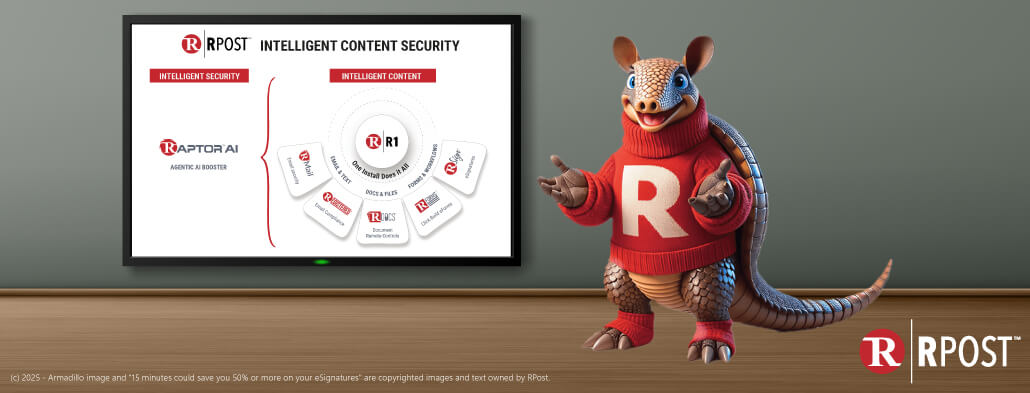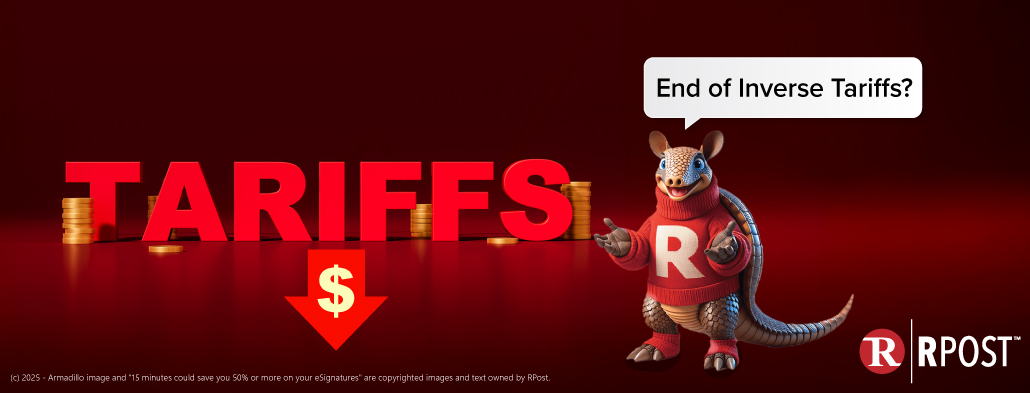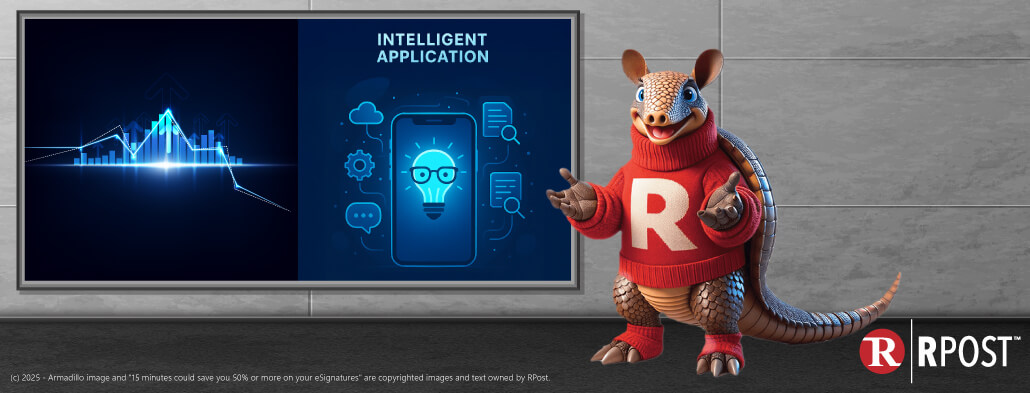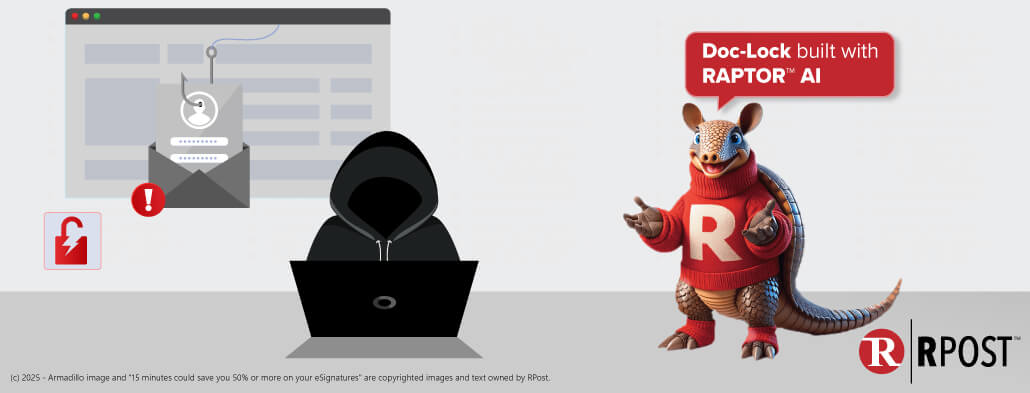
Apple, Google and Amazon have adapted extremely complex technology to the consumer world; and have forever changed the perception of what is possible with technology.
This is now bleeding over into legislation that is designed to govern the way all businesses interact with their clients. The legislators too enjoy same-or-next day delivery of any product they so desire, they have an app for everything, and they speak their wishes in their home, and Alexa dutifully complies.
There is a perception that, if Apple, Google, and Amazon can do the amazing, every other business should be able to as well. If it is possible, why not require it through legislation?
We are in a new era of regulation related to consumer privacy. The European Union enacted the GDPR privacy regulations recently; unified privacy requirements imposed on businesses across Europe that have teeth.
The rest of the world is following this lead. If it is possible, why not require it? Rather than the hodgepodge of privacy regulation as it exists today in the United States, certain states are adding on overarching layer. Why?
Because privacy is possible.
Now, if it were Rhode Island enacting new privacy regulations, many may shrug and say, so what. A tiny state, we don’t do business there. But California has, effective January 2020; and many do some business with those crazy Californians.
The California economy is not itself bigger than the European Union, but it a big deal. It is bigger than every other country economy in the World, other than the US, China, Japan, and Germany.
Read more: Encrypted Email
The California Consumer Privacy Act (CCPA) applies to a wide range of organizations, but it seems the legislators made a decision; the art of the possible in terms of privacy does not appear to impact small and mid-sized businesses — at least businesses with less than $25 million in revenue (unless they are specialized in selling personal data). CCPA exempts “insurance institutions, agents and support organizations”, but only because these organizations are already subject to the hodgepodge of other regulations; for example, the California Insurance Information and Privacy Protection Act.
Why should you care if you are in Florida? In Texas? In Rhode Island?
The art of the possible.
The California legislators (and lawmakers in Europe, etc.) are trying to do what is right for the consumer. And they are right; much is technically possible.
One new trend for businesses small and large is to opt to simply automate privacy when it comes to what they send out of their organization.
In the past people might have tried to decide what is and what is not “private consumer information”. Now, they are opting to “encrypt-all” using a tool that makes this automated and easy.
RMail Gateway provides a simply way to route all outbound email through a cloud path that provides the ultimate peace-of-mind… all messages are sent with enough encryption to comply with regulations yet are incredibly easy for the intended recipient to open in their inbox, without passwords or retrieval links.
RMail Gateway makes privacy possible, simply. (Click to learn more.)
Even with new regulations, the aura of personal privacy may not be achievable for our generation, as too much of our digital footprints are already scattered all over the internet. But maybe, just maybe, we will be able to maintain some sense of privacy with these new regulations.
——————————
Try RSign it will bring you workplace eSign bliss.

April 25, 2025

April 17, 2025

April 11, 2025

April 04, 2025

March 28, 2025